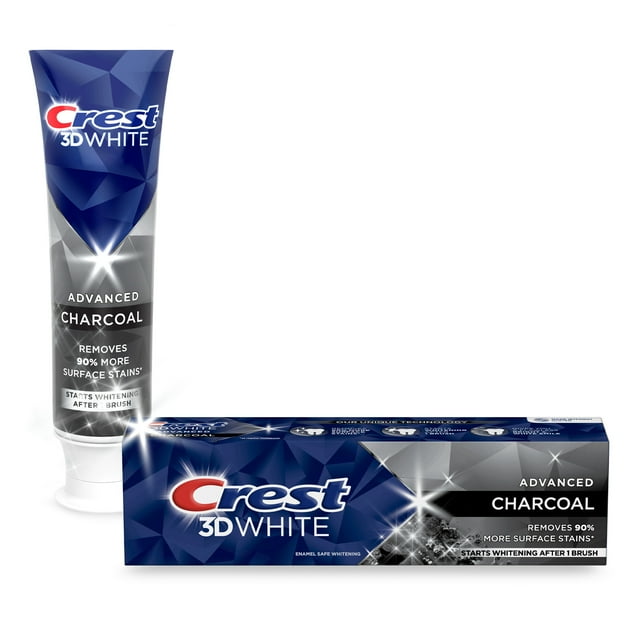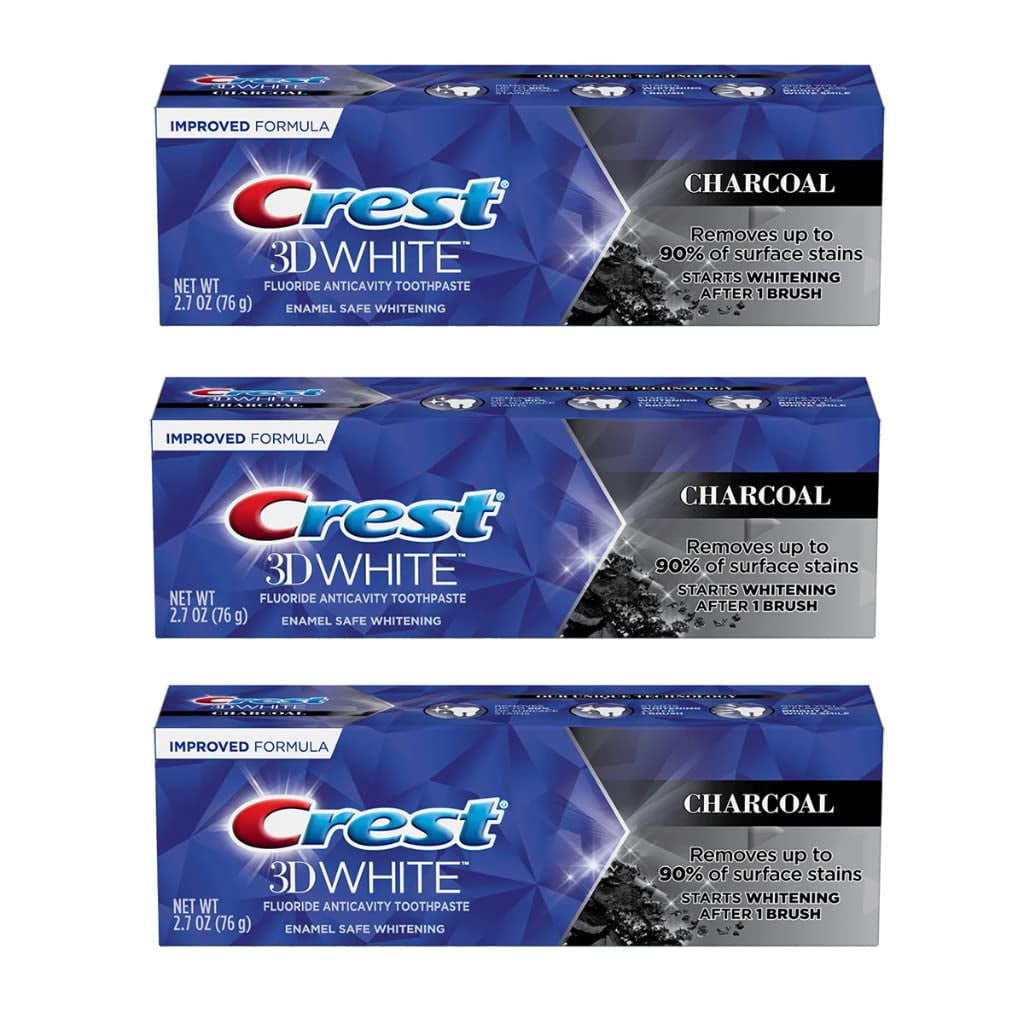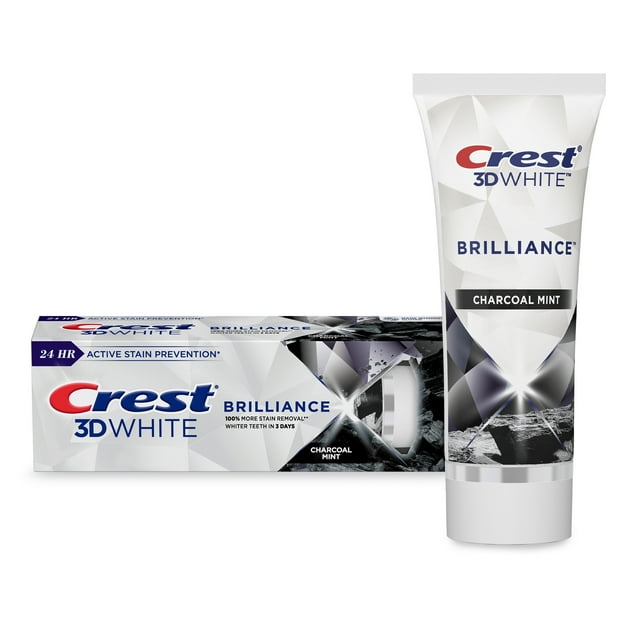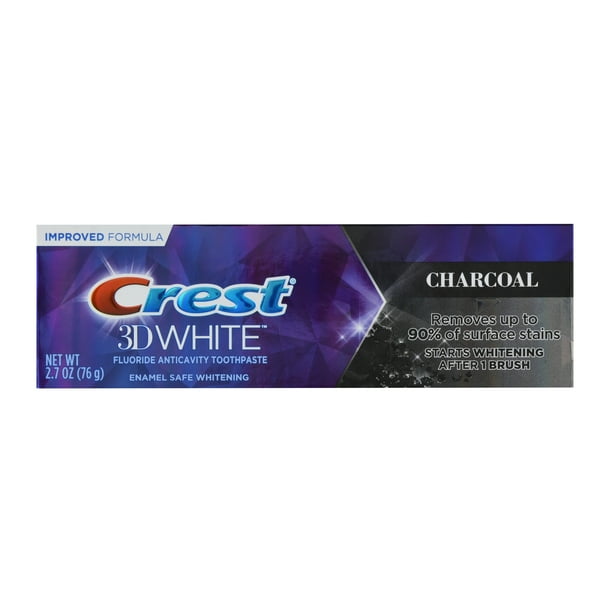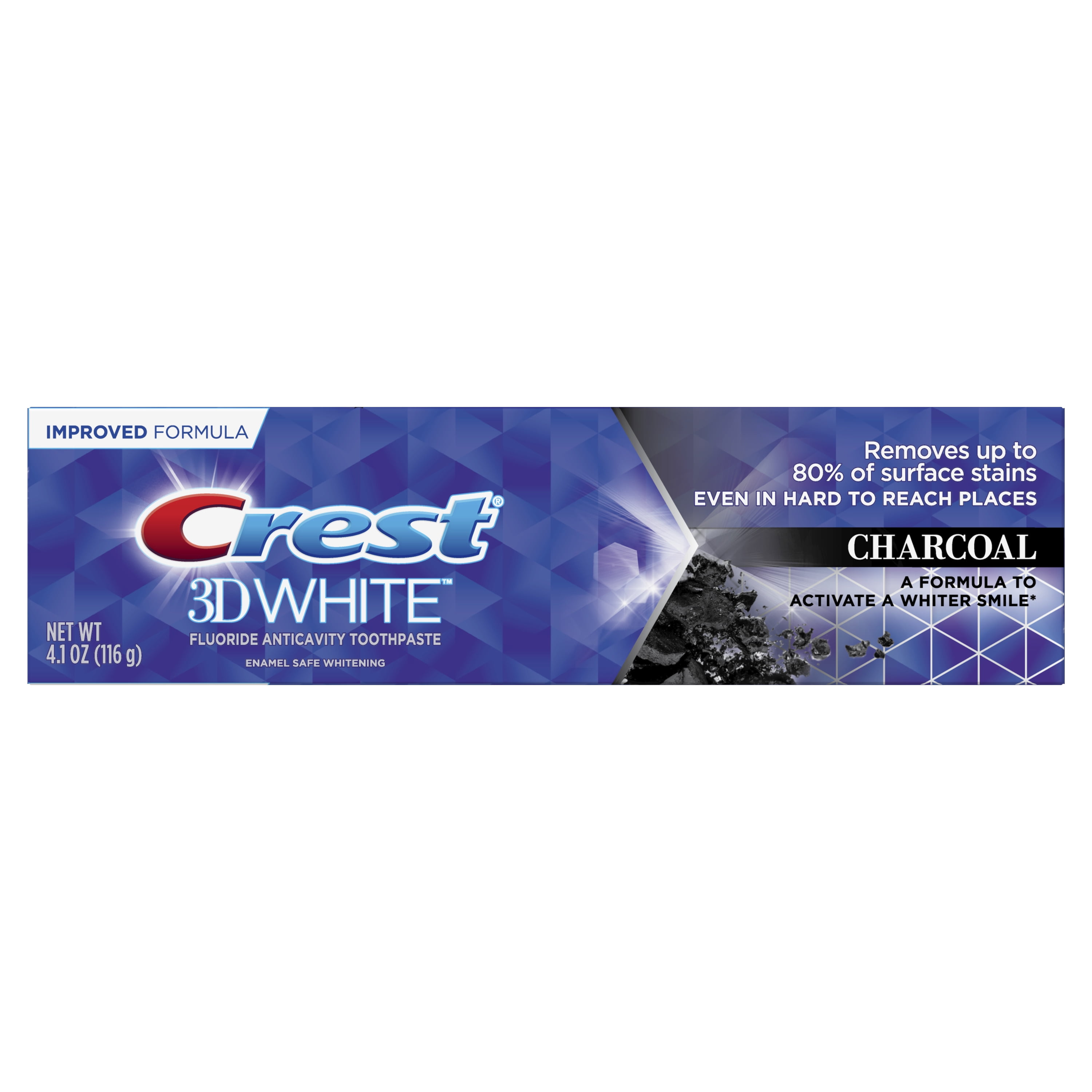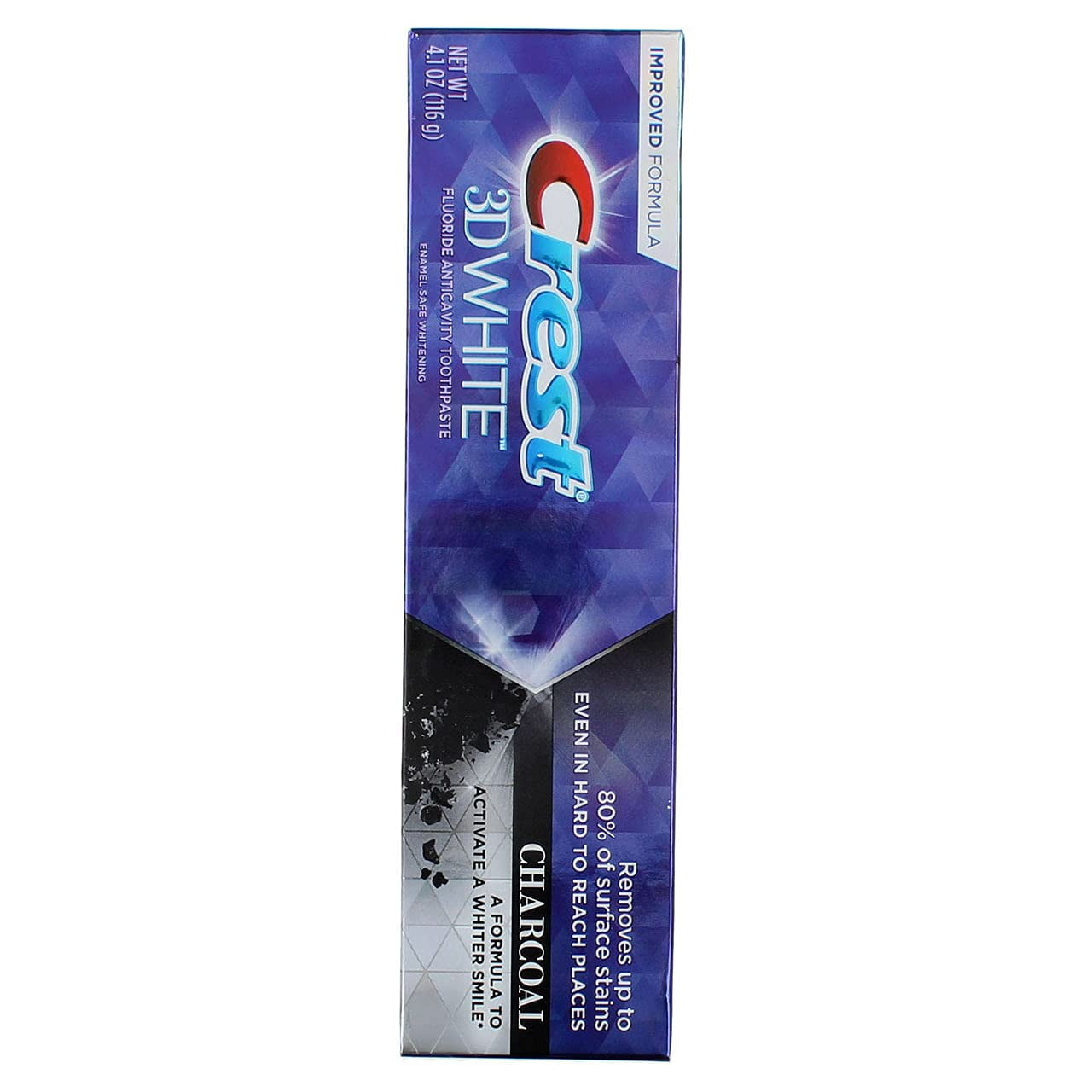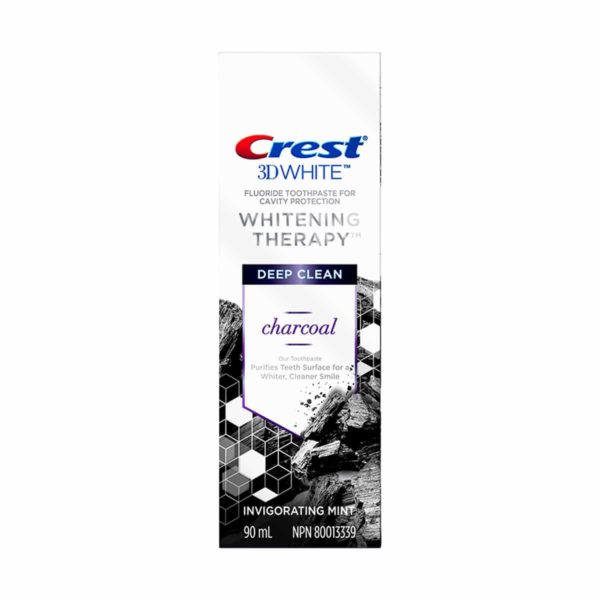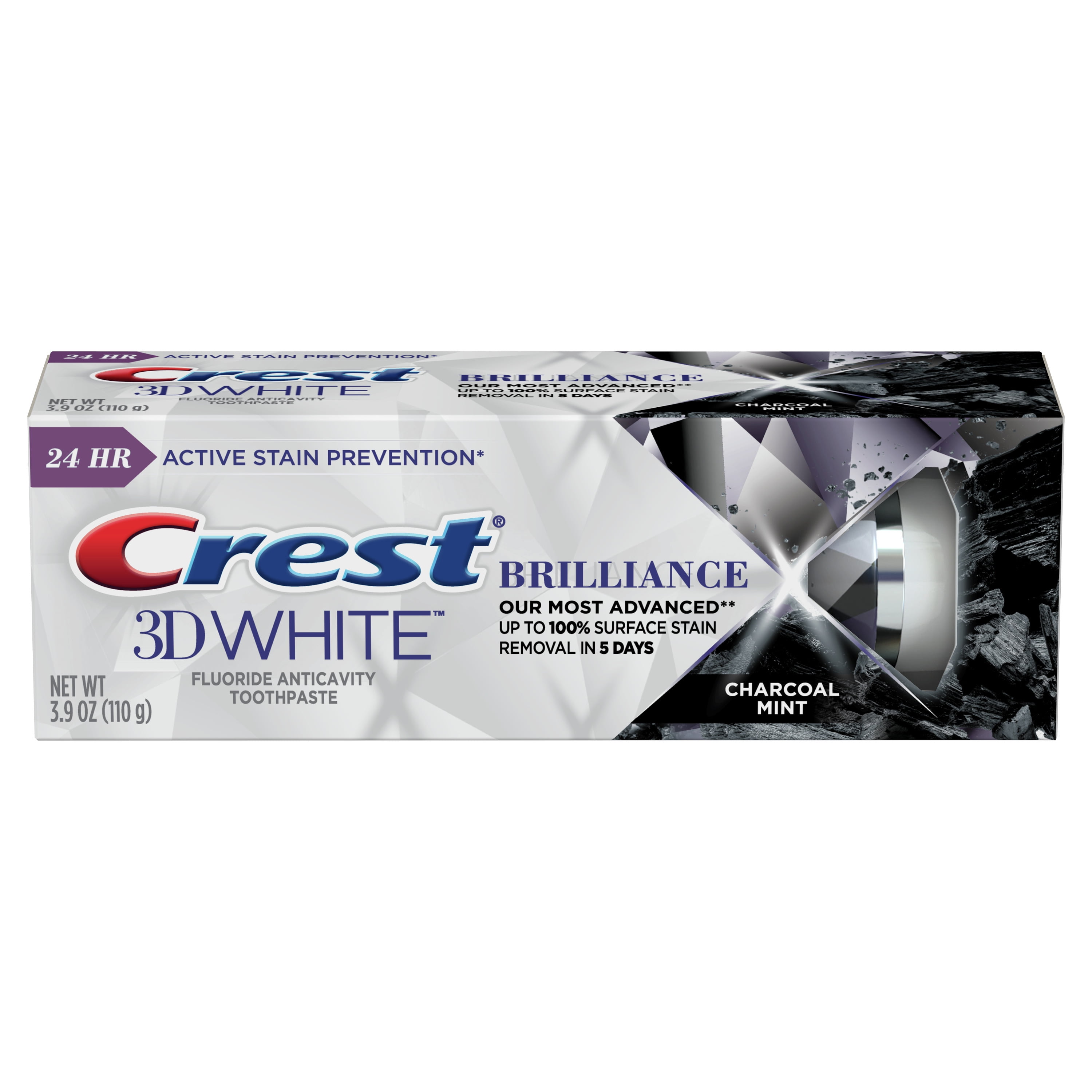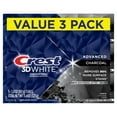Does Crest 3d White Charcoal Toothpaste Work

The pursuit of a brighter, whiter smile has fueled a multi-billion dollar industry, with charcoal toothpastes like Crest 3D White Charcoal gaining immense popularity. But amidst the marketing hype and social media endorsements, a crucial question lingers: Does this dark-hued dentifrice actually deliver on its whitening promises, and is it safe for long-term use? Consumers are increasingly wary of unsubstantiated claims, demanding evidence-based assurances before incorporating such products into their oral hygiene routine.
At the heart of the matter lies a simple yet complex query: Does Crest 3D White Charcoal toothpaste genuinely whiten teeth, and if so, what are the mechanisms and potential drawbacks? This article delves into the science behind charcoal toothpastes, analyzing expert opinions, research findings, and official statements from organizations like the American Dental Association (ADA) to provide a balanced perspective. It examines the abrasive nature of charcoal, its stain-removal capabilities, and potential risks to enamel integrity, ultimately helping readers make informed decisions about their oral health.
The Science Behind Charcoal Toothpaste
Charcoal toothpastes work primarily through adsorption and abrasion. Adsorption is the process where charcoal binds to surface stains on teeth, theoretically lifting them away. The abrasive texture of charcoal also helps to physically scrub away these stains.
However, the effectiveness of charcoal in removing stains hinges on several factors, including the type of charcoal used, particle size, and formulation of the toothpaste. Some studies suggest activated charcoal can remove surface stains caused by coffee, tea, and wine. The actual whitening effect, though, is often limited to removing extrinsic stains, and not altering the intrinsic color of the teeth.
Expert Opinions and Research Findings
The ADA has not yet granted its Seal of Acceptance to any charcoal toothpaste, including Crest 3D White Charcoal. This seal indicates a product's safety and efficacy, based on scientific evidence.
Many dentists express concerns about the abrasive nature of charcoal. Excessive abrasion can wear down enamel, the protective outer layer of teeth. This can lead to increased sensitivity, cavities, and a duller appearance over time.
A 2017 study published in the Journal of the American Dental Association reviewed various charcoal-based dental products. It concluded that there was insufficient clinical and laboratory data to substantiate the safety and efficacy claims associated with them.
Crest's Perspective
Crest maintains that its 3D White Charcoal toothpaste is safe for daily use when used as directed. They state that the product contains a milder abrasive than some other charcoal toothpastes on the market.
Procter & Gamble, the parent company of Crest, emphasizes the importance of following package instructions and consulting with a dental professional. They have invested in research and development to ensure the product's safety profile.
"Our goal is to provide consumers with effective whitening solutions that are also safe for their enamel," says a representative from Procter & Gamble.
Potential Risks and Drawbacks
The primary concern surrounding Crest 3D White Charcoal, and other similar products, is enamel abrasion. Enamel doesn't regenerate, so any damage is permanent.
Another potential risk is the lack of fluoride in many charcoal toothpastes. Fluoride is essential for strengthening enamel and preventing cavities. Using a fluoride-free toothpaste could increase the risk of tooth decay.
Furthermore, the dark color of charcoal can temporarily stain fillings and dental work, potentially altering their appearance.
A Balanced Approach
For individuals considering Crest 3D White Charcoal, moderation is key. Using it sparingly, perhaps a few times a week, may minimize the risk of enamel abrasion.
It's also crucial to use a separate fluoride toothpaste daily to ensure adequate protection against cavities. Regular check-ups with a dentist are essential to monitor enamel health and identify any potential problems early on.
Individuals with pre-existing enamel erosion or sensitive teeth should exercise caution or avoid charcoal toothpastes altogether.
The Future of Whitening Toothpastes
The demand for effective and safe whitening toothpastes will continue to drive innovation in the oral care industry. Researchers are exploring alternative whitening agents that are less abrasive and more effective at removing both surface and deeper stains.
Future advancements may involve incorporating nanotechnology to deliver whitening agents directly to the enamel surface. Formulations with remineralizing agents to help repair damaged enamel are also being developed.
Ultimately, the best approach to achieving a whiter smile involves a combination of professional dental treatments, proper oral hygiene habits, and informed product choices. Consultation with a dental professional remains paramount in navigating the complex world of whitening products and ensuring optimal oral health.
